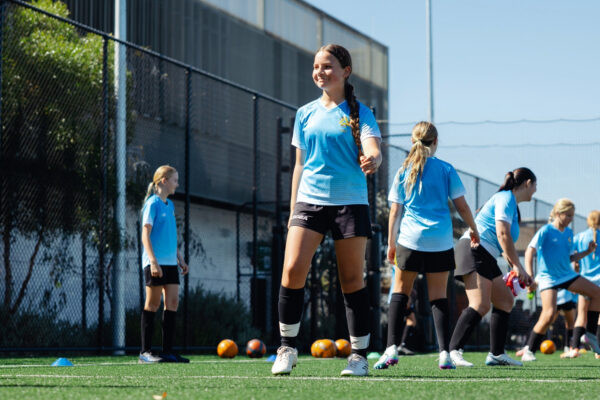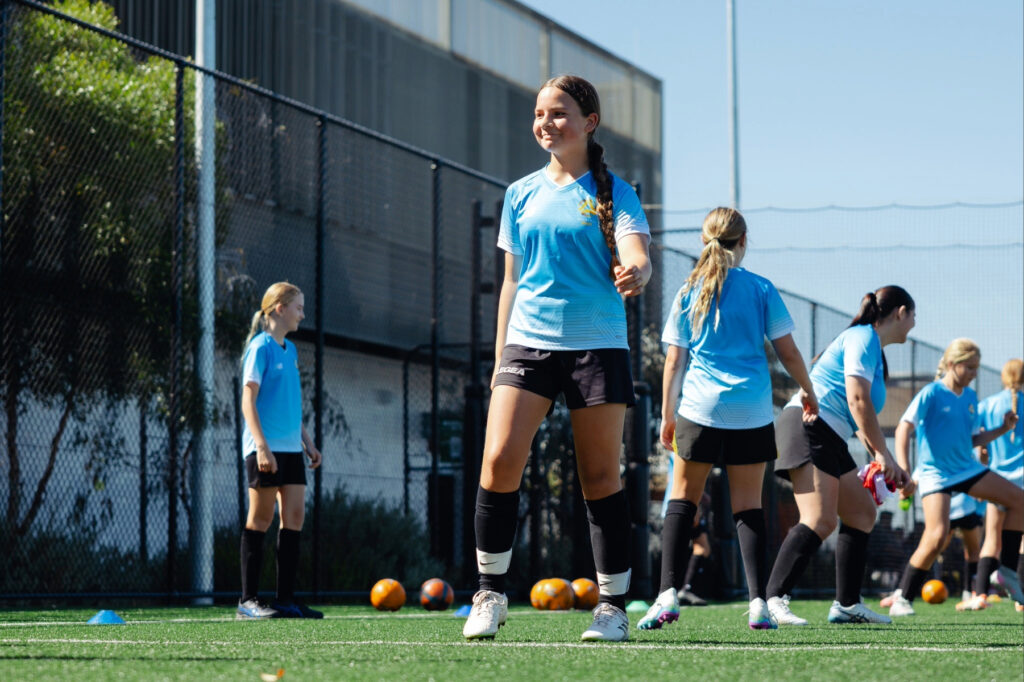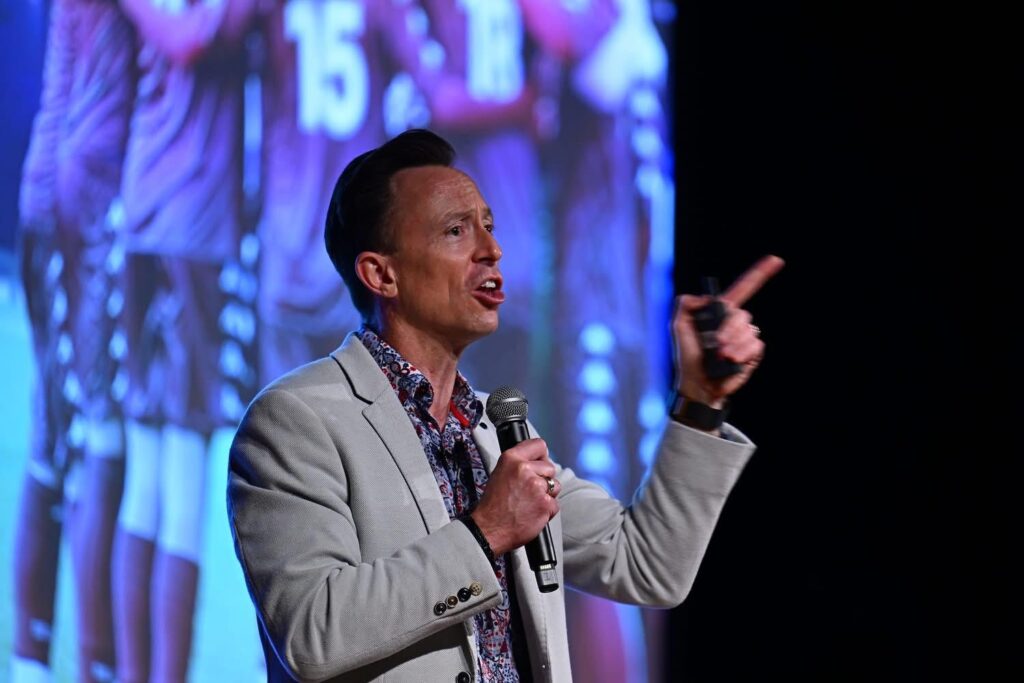
The 2025 Football Queensland Convention was more than just a gathering. It was a statement about what football in Australia can achieve when clubs, businesses, and government come together in one room. It was an opportunity to elevate the debate around the sport’s future and move conversations beyond day-to-day operations. For an industry often focused on immediate results, the convention provided a rare chance to pause, reflect, and plan for long-term growth.
Over two days, coaches, administrators, industry leaders, and players came together to discuss governance, infrastructure, competition, and the use of technology in football. The most important message was clear: football will only grow if stakeholders work together and are willing to rethink the way the game operates at every level. Breakout sessions tailored to different roles ensured that practical challenges and innovative ideas were explored alongside broader strategic discussions.
The convention succeeded because it was inclusive. From grassroots volunteers to professional executives, everyone had a voice. The conversations reflected a cultural shift where decision-making and innovation are shared rather than reserved for a few at the top. It showed that the best solutions come from collective input and that elevating the debate across all levels of football is essential to meaningful progress.
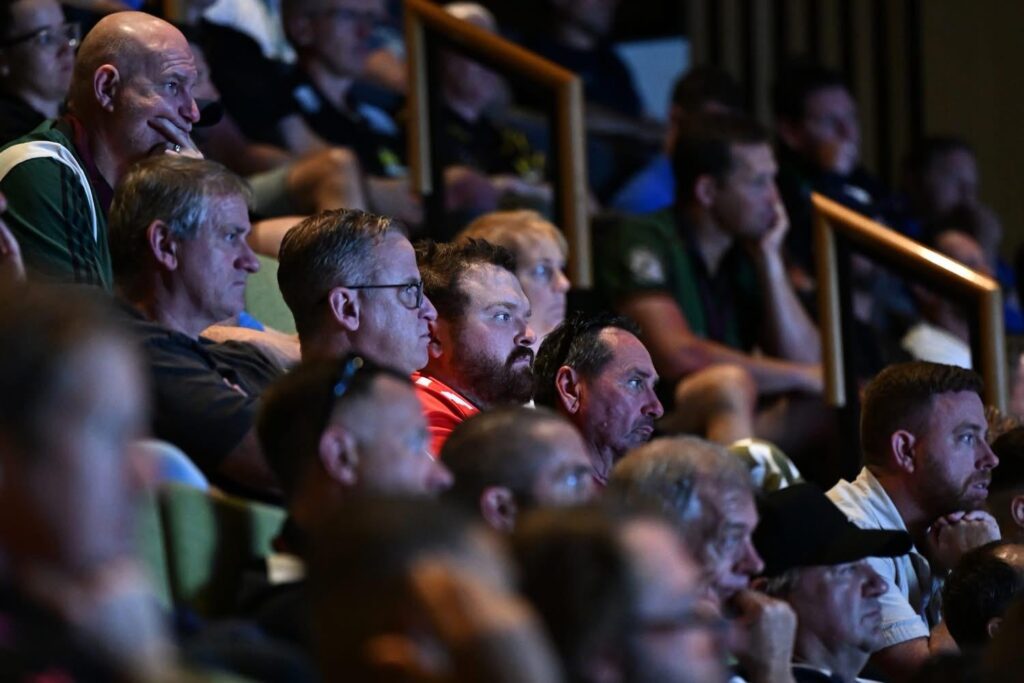
Keynote speaker Joe Schmit set a strong tone about leadership and purpose, encouraging attendees to consider the type of football culture they wanted to create. One of the most memorable contributions came from Jeehoon Kim from the Korean Football Association. He shared insights from the Made in Korea project, which aims to develop a distinctive style of Korean football. Rather than copying foreign systems, Korea is building its own identity, focusing on a technical philosophy described as fast, fearless, and focused. Players are developed through technical partnerships and youth programs that build on the nation’s strengths.
Kim’s message goes beyond player development. He highlighted that even in governance, success comes when hierarchies are removed and people are empowered to work in their areas of expertise. The project shows that a strong system is only effective if the right people are allowed to innovate and take responsibility. Whether in Korea or Queensland, football thrives when expertise is trusted to lead.
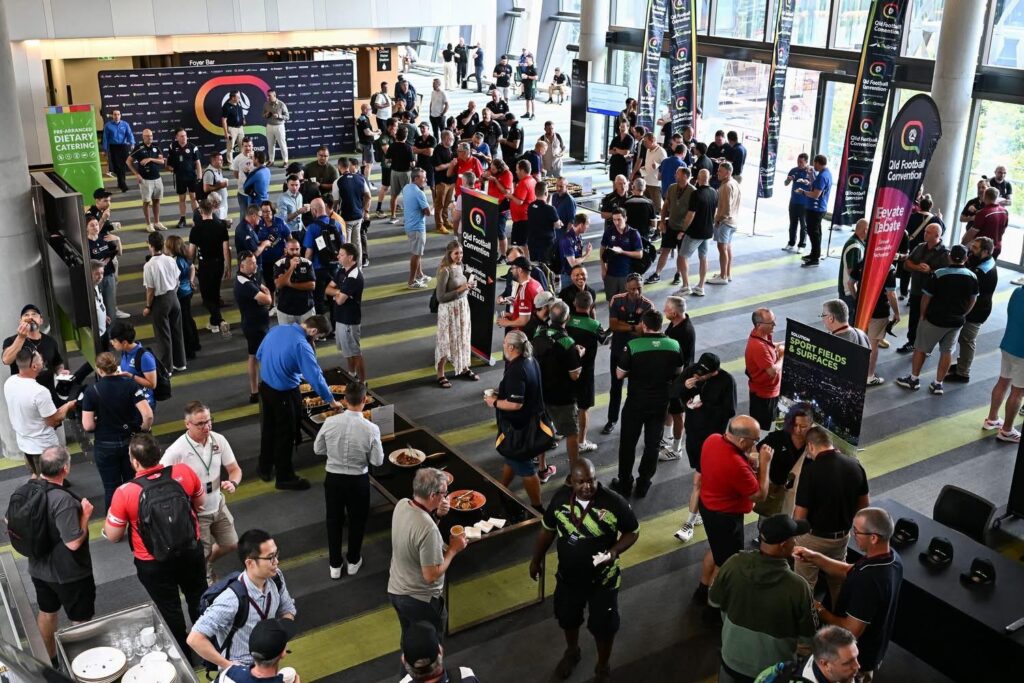
Football Queensland itself provides another example of this principle in action under CEO Rob Cavallucci. Speaking on the Soccerscene Off the Pitch Podcast, Cavallucci reflected on how the organisation addressed one of its biggest challenges: the lack of support from commercial and government sectors, which had created significant cost pressures for players and clubs.
He explained, “We made a decision five or six years ago when I became CEO and looked at how the game was structured. The main issue was the lack of support from the commercial sector and government. This meant there was always going to be significant cost pressure on the game. So we had to find a way to get on a different path.”
That path involved reforming governance and competition structures, introducing conference-based leagues, pyramid systems, and the FQ Academy pathway. The results have been impressive. Registration fees, which once made up around half of FQ’s revenue, now sit in the low twenties because the organisation has successfully maximised revenue from other sources, including corporate partnerships and government support.
Cavallucci added, “Importantly, we repositioned ourselves to appeal more to the corporate sector and government.” This approach has reduced financial pressure on players and clubs while strengthening the long-term sustainability of the game. It demonstrates how thoughtful governance, paired with strategic partnerships, can transform an entire football ecosystem.
The convention highlighted that collaboration is football’s greatest strength. When clubs, businesses, and government align around a common purpose, the benefits are felt at every level of the game. More than just addressing immediate challenges, it was an opportunity to elevate the debate, explore long-term solutions, and inspire stakeholders to work together for the wider good of the sport.
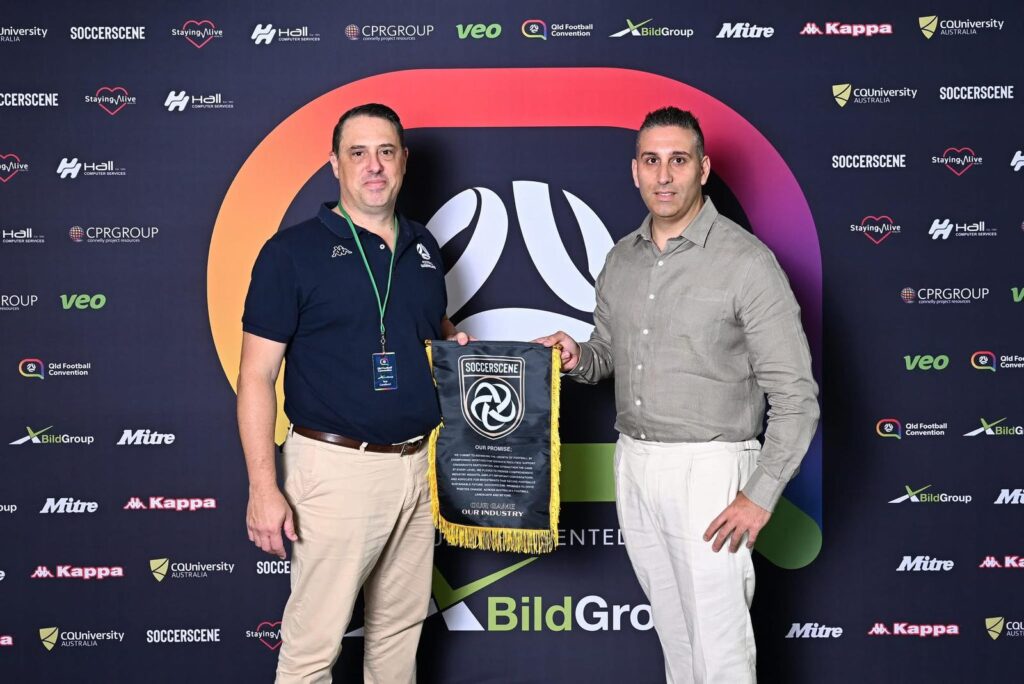
Other member federations would benefit from observing this approach and embracing a willingness to adapt. Receptivity to new ideas promotes stronger alignment with key stakeholders and enables policymakers to develop thoughtful, practical policies that are grounded in the realities of the game. Such a commitment to collaboration and innovation is essential for fostering a sustainable and thriving football ecosystem across Australia.
If this event is any guide, the future of football in Australia will not be defined by divisions or short-term thinking. It will be defined by connection, collaboration, and a collective belief that the best way forward is together. The 2025 Football Queensland Convention has provided a blueprint for how other states and organisations can follow suit and drive the growth of the game in Australia.




